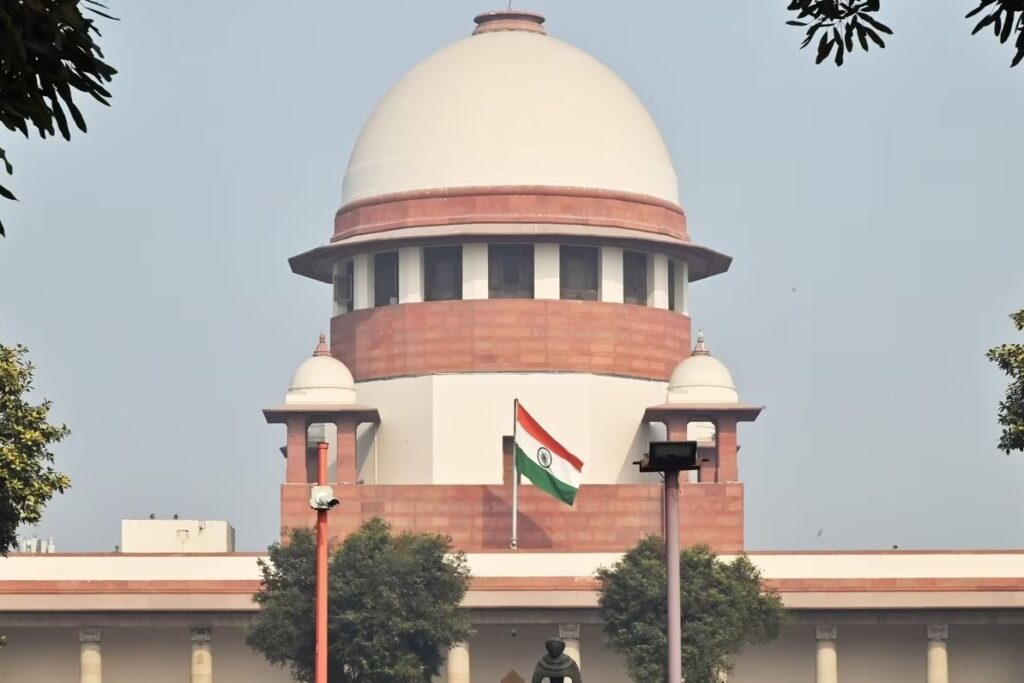
In a significant decision on Wednesday, the Supreme Court ruled that holders of a Light Motor Vehicle (LMV) license can now legally drive transport vehicles weighing less than 7,500 kg without needing a separate license. The judgment, delivered by a five-judge Constitution bench led by Chief Justice of India (CJI) Dhananjaya Y Chandrachud, dismissed challenges by insurance companies that had opposed a similar 2017 ruling by a three-judge bench.
The case revolved around whether LMV license holders should be permitted to drive buses, trucks, or road rollers weighing under 7,500 kg, and the potential safety concerns such a move could pose. Insurance companies had contended that such a decision would increase risks, especially in accidents involving transport vehicles, and lead to higher compensation payouts. They argued that it could jeopardize road safety and make it more difficult for insurers to manage claims.
However, the Court took into account the public interest and road safety statistics, noting that in 2023 alone, over 1.7 million people died in road accidents. The bench observed that no empirical data was presented to show that LMV license holders driving transport vehicles had led to an increase in accidents. The Court upheld the 2017 decision in the Mukund Dewangan case, ruling that for licensing purposes, LMV and transport vehicles should not be treated as separate categories.
The judgment also clarified that additional training and eligibility requirements under the Motor Vehicles Act (MV Act) would still apply to those wishing to drive larger transport vehicles over 7,500 kg. These vehicles include medium and heavy goods and passenger vehicles.
The ruling is seen as a boost for drivers in the informal transport sector who hold LMV licenses, as it allows them to operate smaller transport vehicles, which could improve their livelihood opportunities. However, the Court did address concerns regarding road safety and asked the Ministry of Road Transport and Highways (MoRTH) to finalize amendments to the law that would address the issue of transport vehicle licensing and training more comprehensively.
The Attorney General, R Venkataramani, informed the Court that the amendments are still under review by the Ministry. The Court refrained from commenting on the specifics of the amendment process, with the assurance that they will be notified in due course.
While the insurance companies expressed their concerns over the potential risks, especially involving drivers of smaller vehicles like auto rickshaws being allowed to drive larger transport vehicles, the Supreme Court’s judgment considers the livelihood aspects and the current state of transport regulations.
Sources By Agencies


